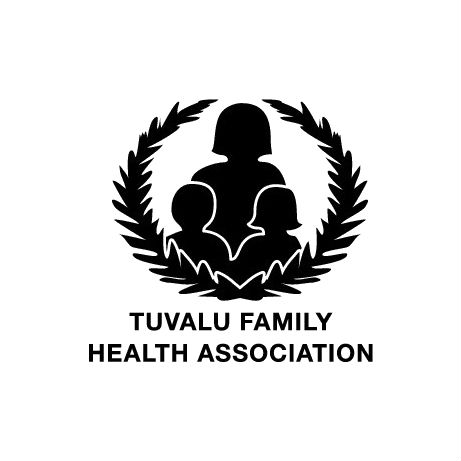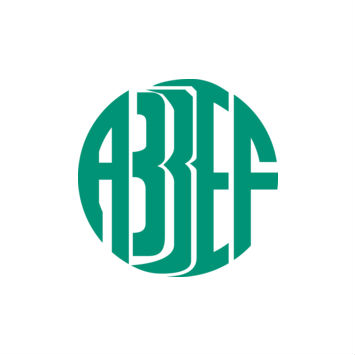

| 31 March 2016
Tuvalu Family Health Association
As the Pacific Island’s leading non-governmental organization (NGO) promoting and providing sexual and reproductive health (SRH) services, the Tuvalu Family Health Association (TuFHA) serves a population of 10,000 through one permanent clinic and five community-based distributors / community-based services (CBDs/CBSs). Central to the organisation’s work is the dissemination of SRH information to specific vulnerable and underserved communities including people living with disabilities in the child bearing age group, maritime workers and people in the Correctional Facilities. In addition, the associations have a strong network with faith based organization and the government agency. TuFHA's Facebook page: https://www.facebook.com/groups/1592139561013082/

| 31 March 2016
Association Burkinabé pour le Bien-Etre Familial
Association Burkinabé pour le Bien-Etre Familial (FPABF) was set up in 1985. Staff and over 1,000 volunteers work to provide sexual and reproductive health (SRH) services to poor and marginalized people. Services include antenatal and post-natal care, prevention and treatment of sexually transmitted infections (STIs) including HIV and AIDS, provision of antiretroviral drugs, voluntary counselling and testing (VCT), screening for cancers of the reproductive system, post-abortion care, prevention of mother to child transmission (PMTCT) of HIV and AIDS, and home-based care for people living with HIV and AIDS. FPABF’s work reaches out to the poor and marginalized, and the organization runs special initiatives focused on reaching young people on the streets, people living with HIV and AIDS, and students. Professional training is provided to young people, including members of FPABF’s Youth Action Movement, which enables them to participate in small-scale profitable ventures and escape poverty. The nation has severe SRH challenges in terms of lifetime risk of maternal death and unmet need for contraception. One of the most serious issues in Burkina Faso is the 66% prevalence of female genital mutilation: a psychologically traumatic experience, an infringement of human rights and a source of substantial physical damage requiring major medical intervention. FPABP works in partnership with the Ministry of Health, the Secretariat Permanent des Organisations Non Gouvernementales (SPONG), Réseau des ONG en population et développement (REOPOD) and a range of funders including UNFPA, the EU, UNICEF and DANIDA. Facebook: https://www.facebook.com/www.abbef.net/







